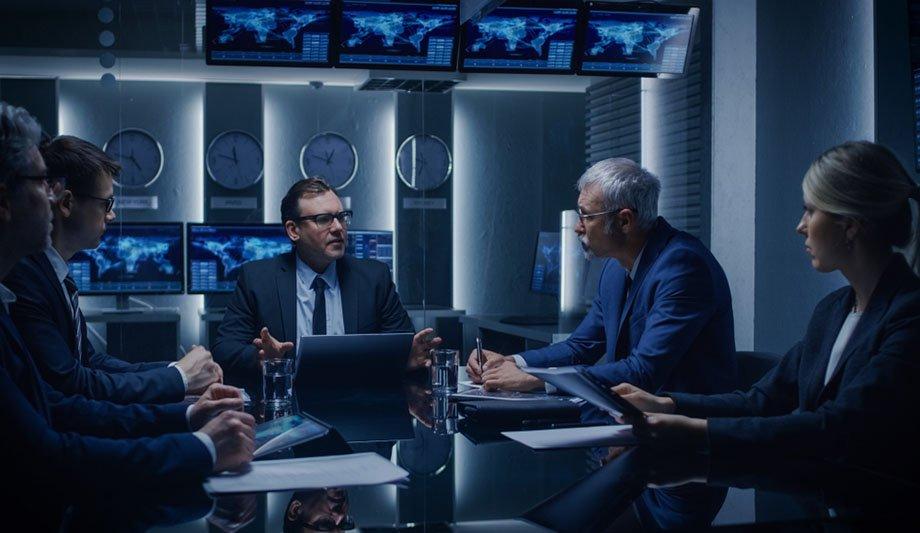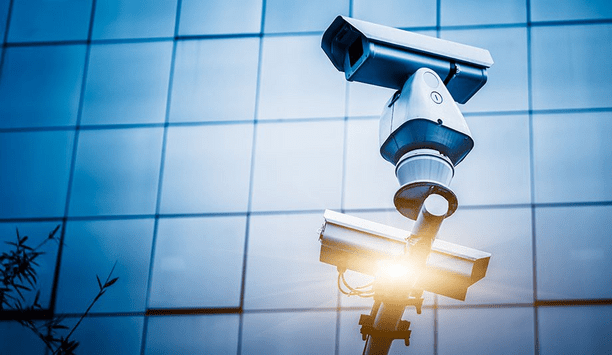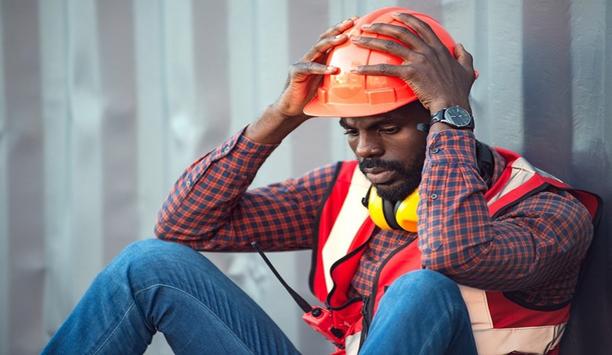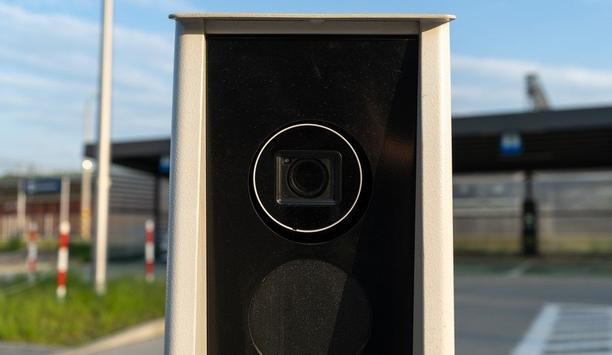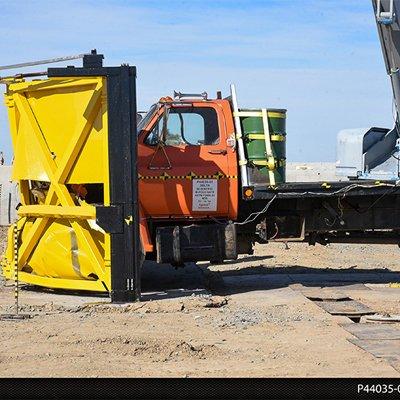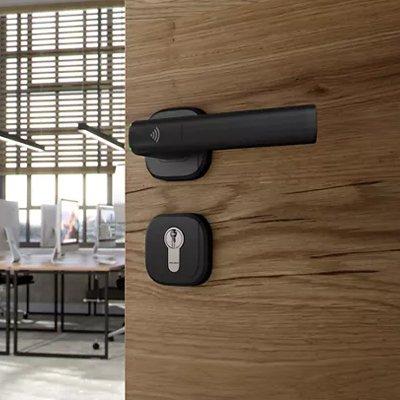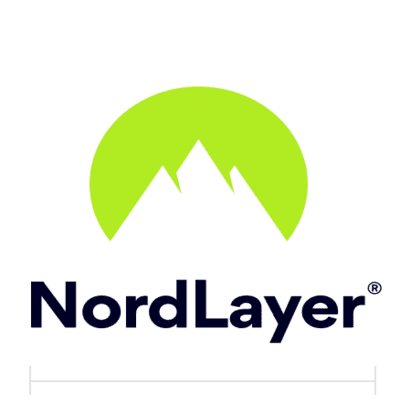The job of security director is expanding: How does it impact technology?
Editor Introduction
An organisation’s security director manages a staff of security personnel, implements and enforces security policies and procedures, and generally ensures the safety of personnel and visitors to the organisation’s premises. Over the years, the role of security director has expanded to include new disciplines such as cybersecurity. More and more, security directors are also taking a “seat at the table” as integral and critical members of a company’s management team. We asked this week’s Expert Panel Roundtable: How is the job of "security director" expanding, and what is the impact on technology?
The digital transformation and evolution of the physical security industry is accelerating. Cybersecurity, cloud migration, AI, machine learning, and analytics have become an integral part of the physical security ecosystem. As a result, the role of the physical security director is fundamentally changing. Physical security pioneers are not only responsible for implementing measures to protect infrastructure and assets but also help with their organisation’s strategic transformation. To support this need, the technology they use is also evolving. The path forward is a unified platform that improves resiliency and provides actionable insights. Teams can leverage a unified platform to streamline the flow of information from multiple systems, sensors, and Internet of Things (IoT) devices. They can break down silos and enhance operations across a wide range of activities.
The motto of security directors everywhere should be “ever forward.” Just when we think technology can’t develop any more rapidly, it does, and impressive options to add to physical or virtual security stacks emerge every day. As technology shifts, so has the role, and due to those shifts, security directors need to stay on top of new and upcoming technology and create game plans as to how these innovations will best fit into their organisations. The role of security director is equal parts general and strategic advisor, and anyone in this role should be comfortable with the ever-changing definition of what “security” really means. The technological approach to protecting an organisation needs to be as flexible as the technology itself, and transformation in the industry should always be embraced.
Security doesn’t exist in a monolith–it is woven throughout and impacts every part of an organisation. Security devices gather tremendous amounts of data that can be leveraged by other teams within the organisation: workplace for space planning or finance for real estate expansion. These kinds of scenarios link security directors to other verticals and integrate them deeper into the business. Because of this expanded role–and more holistic approach to building operations–security directors are doing more for the business than just security; they are quickly becoming critical sources for insights and trends. With this new remit, security directors are bringing security technology providers along with them and into new spaces that expand beyond traditional security.
As security becomes more sophisticated, so do the responsibilities of security directors, and technology plays a pivotal role. Security pioneers have shifted from the reactive to the proactive mode of safeguarding people, customers, critical data, and, of course, assets. The convergence of physical and digital security has pushed security directors to adapt and embrace advanced technologies such as AI, biometrics, and analytics to enhance overall threat detection and mitigation. However, there are challenges. Security providers must ensure seamless integration of various security systems. In years past there was more of a division between the security and information technology world. We see a partnership, moving beyond compartmentalised silos. Empowered security directors create comprehensive security strategies that encompass both physical and digital realms. Directors are embracing technology to stay ahead of threats. It’s a term I have entitled “Horizontal Thinking,” the ability to use data to project future risk and mitigation.
The enduring trend of allowing employees to work either partially or entirely from home has significantly impacted the role of the security director. No longer limited to overseeing an organisation's physical office or campus, security director must look outside of their four walls to understand the full spectrum of modern risks. This expanded view necessitates close partnerships with cybersecurity experts to implement effective controls. For instance, while certain systems like operational technology systems (OT) remain bound to specific locations, many essential business tools, like laptops, often function remotely. The theft of an unencrypted laptop is often the cause of a security breach. In contrast, addressing the theft of an encrypted laptop simply involves filing a police report and replacing the affected device for the user. Additionally, security directors now find themselves working hand in hand with HR departments to enforce compliance measures, such as the heightened background checks and employee risk assessments mandated by FedRAMP and various financial regulations.
Security professionals are undergoing a transformative shift, placing an increasing emphasis on business acumen. In landscape, security is no longer confined to siloes but must span across multiple functions within an enterprise. As a result, security solutions need to be developed with the overarching goal of delivering value and serving the company's overall business activities. Security pioneers are expected to possess agility in their thinking, anticipating how security objectives can generate value across various areas of the organisation.
The role of security director has evolved into a complex, cross-functional role with a heavy emphasis on technology. Whereas the legacy security director role was focused on physical protection and investigations, the modern security practitioner must also be an expert in technology while navigating the details of operations, inventory shrink and supply chain metrics. A strong partnership between the security director and the IT department is critical for success in the role. The ability to leverage and evaluate a wide array of new, high-tech security solutions and deploy them as part of the larger asset protection “tech stack” is crucial. Just about every solution will have some reliance on the company’s IT-managed network (video, alarm, exception reporting solutions, business analytics). Confidence in explaining the value of these solutions to leadership, while partnering with the IT department on their deployment, can be the difference between long-term success and failure.
The role of security director is expanding because of the need to own an increasingly complex technological stack of tools. This includes technologies that help streamline operations and extract information in real-time and retrospectively. However, technology requires management. The impact of this role expansion is the development of tools that can automate device maintenance to ensure every part of the security system—the cameras, servers, and NVRs—are live, showing a clear and correct image, and recording evidence as expected. Another impact is the development of tools to uphold the standards of cybersecurity to avoid sensitive security or personal information from leaking.
Editor Summary
As one of our Expert Panellists puts it, the role of security is increasingly woven throughout an organisation, and therefore, so is the job of the security director. It is truly a complex, cross-functional role. There is even an expansion of what the word "security" means in an organisation, which also enlarges the scope of the security director’s duties. And technology is becoming more sophisticated, including digital transformation and an increasing array of physical and cybersecurity threats. With fast-moving changes happening throughout the security discipline, it’s no wonder security directors are challenged to keep pace.
Expert commentary
A modern guide to data loss prevention
Download7 proven solutions for law enforcement key control and asset management
DownloadSecurity practices for hotels
Download2025 Trends in video surveillance
DownloadMaximising security and performance
DownloadDelta Scientific DCS8000 Bi-Fold Speed Gate
ASSA ABLOY Aperio H100 Wireless Access Control Handle
NordLayer: Comprehensive Network Security for Modern Workforce
